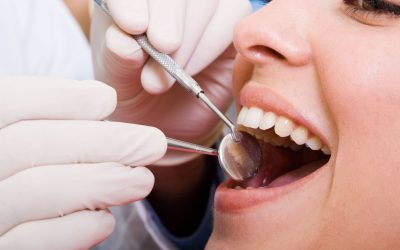Halitosis, or “bad breath,” is not considered a good thing. This very common nuisance affects about 50% of the adult population of the western world. A dentist in New Hartford, NY can determine the cause and help you get rid of it.
Causes
The first cause deals with improper oral hygiene. Bacteria left behind by food leads to the formation of malodorous volatile compounds, such as amines or sulfide molecules. Apart from the person’s general hygiene, the particular use of a tongue brush is considered useful.
Gum inflammation (gingivitis) can also cause bad breath. “Morning breath” is common and seems more common in people with nasal obstruction problems due to development of germs in nasal secretions. Experts also look at what typical breath should smell like in comparison to other times of the day. For instance, a person’s breath may not be foul-smelling all the time (could be worse after certain foods or substances are consumed: garlic, onions, spices, alcohol, tobacco, etc.).
Some drugs can also change how a person’s breath smells. Digestive disorders, such as gastroesophageal reflux, acidity, and the like, can be issues that promote bad breath.
Treatments
People should talk to a dentist in New Hartford, NY about the different treatments that exist. However, for the time being, here are some tips for having fresh breath:
• Effective tooth brushing at bedtime will reduce the number of bacteria
• Make sure you brush your entire mouth, i.e., remember to hydrate
• before bedtime the teeth but also the palate, the cheeks, and the tongue
• To eliminate food between the teeth, consider using interdental brushes and dental floss that can reach places that a conventional toothbrush cannot
• To reduce dryness of the mouth, something that promotes bacterial growth during the night, remember to hydrate before bedtime
Using mouthwash with an oral solution also prevents the development of bacteria. But what happens when mouth ulcers are present?
Understanding oral ulcers
Canker sores appear most often in a healthy subject, in isolation, and heal spontaneously. These are frequent lesions with an unknown cause. Their occurrence may be related to nutritional, psychological (especially stress) or hygienic factors.
In particular, the consumption of cooked tomato, walnuts, chocolate and all other allergenic foods promotes their appearance. The prolonged use of topical antiseptics, such as throat lozenges, or a toothpaste containing sodium lauryl sulfate may also cause canker sores. Visit Business Name for more details.


